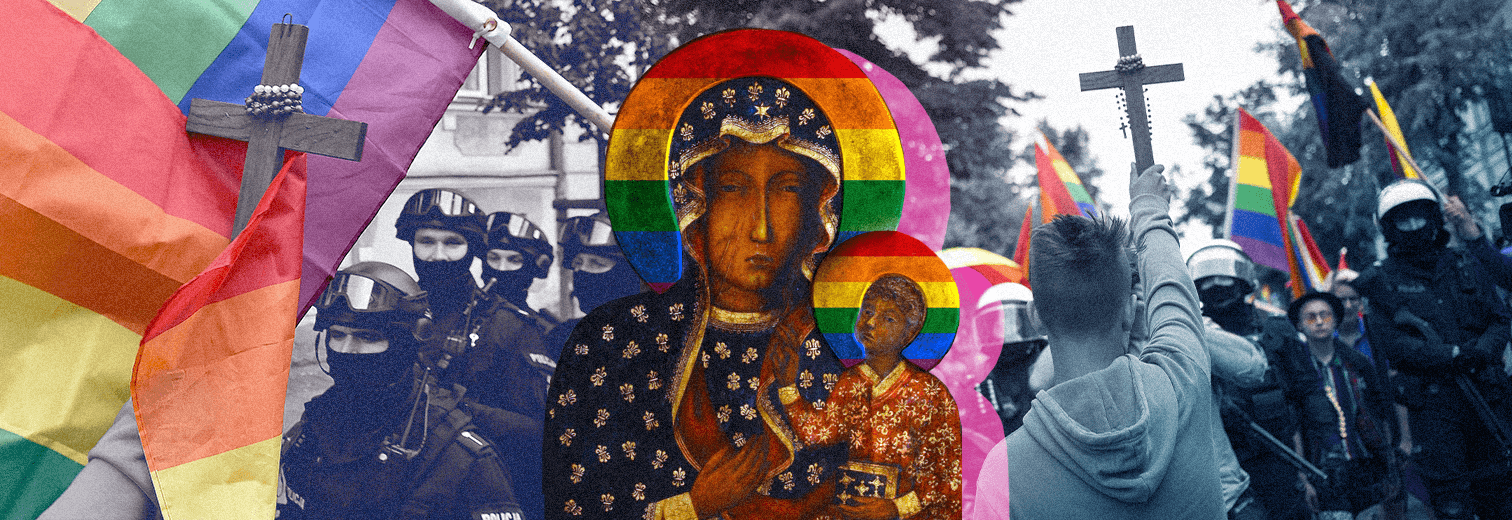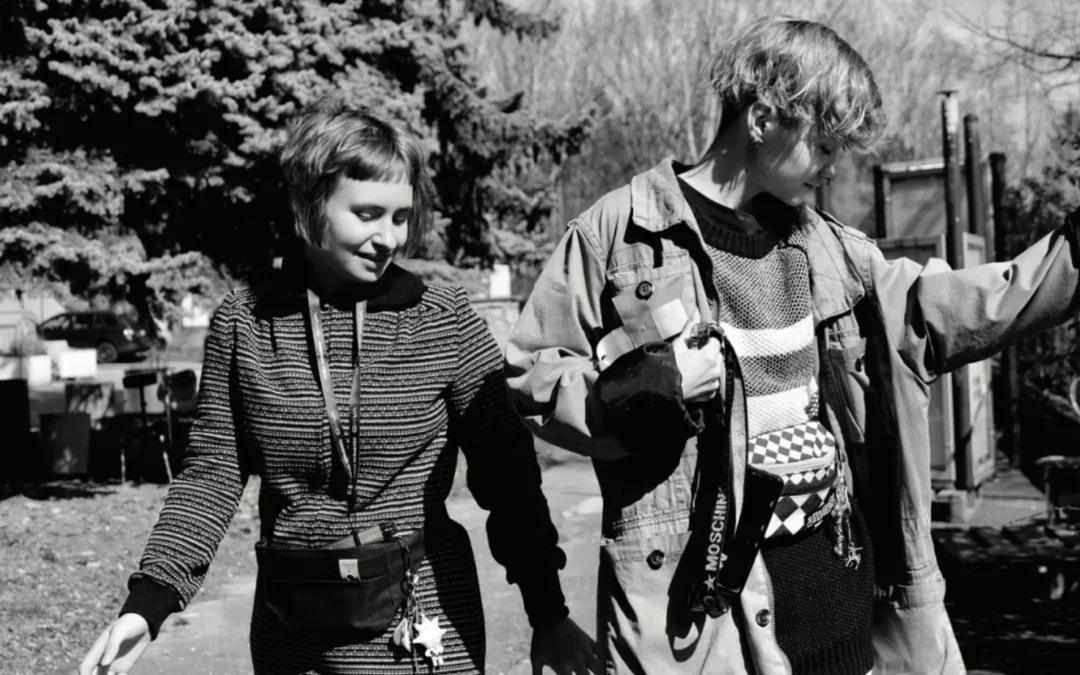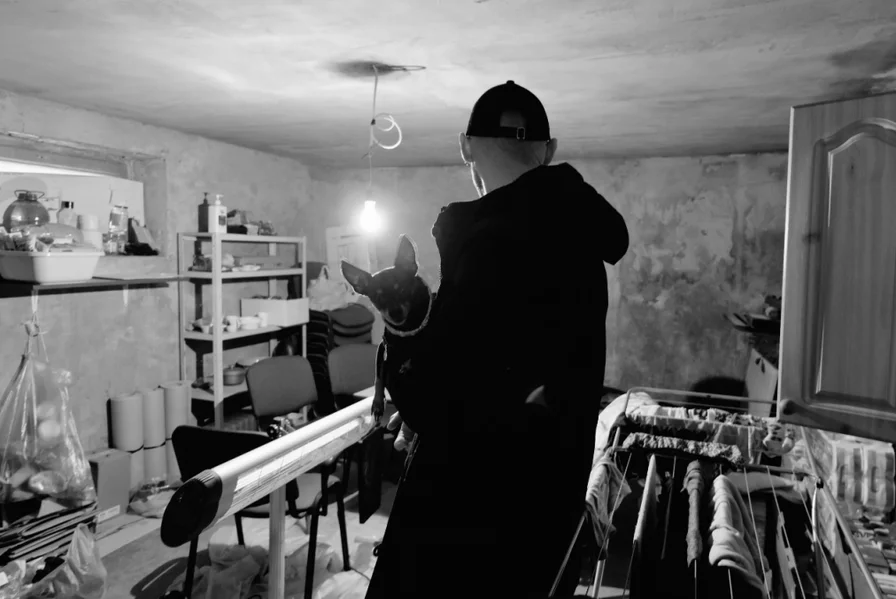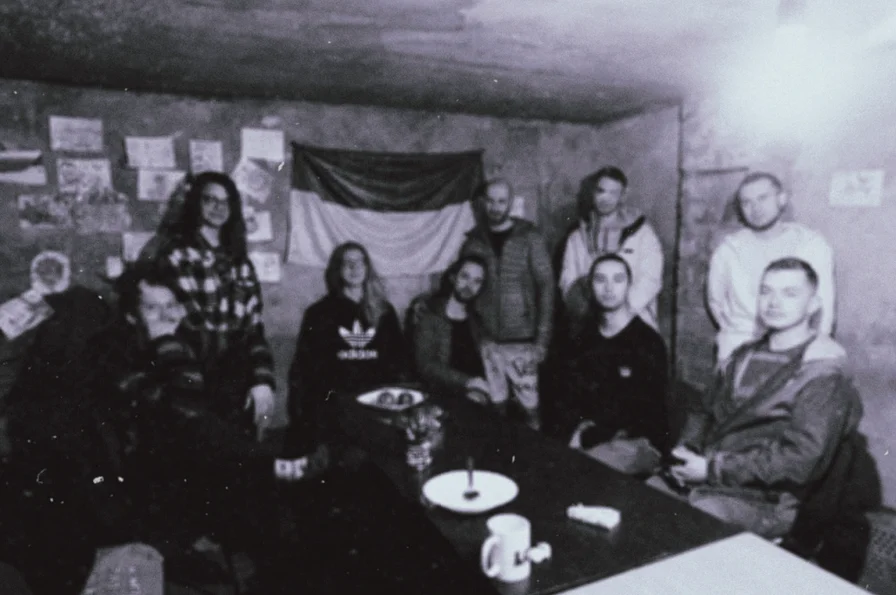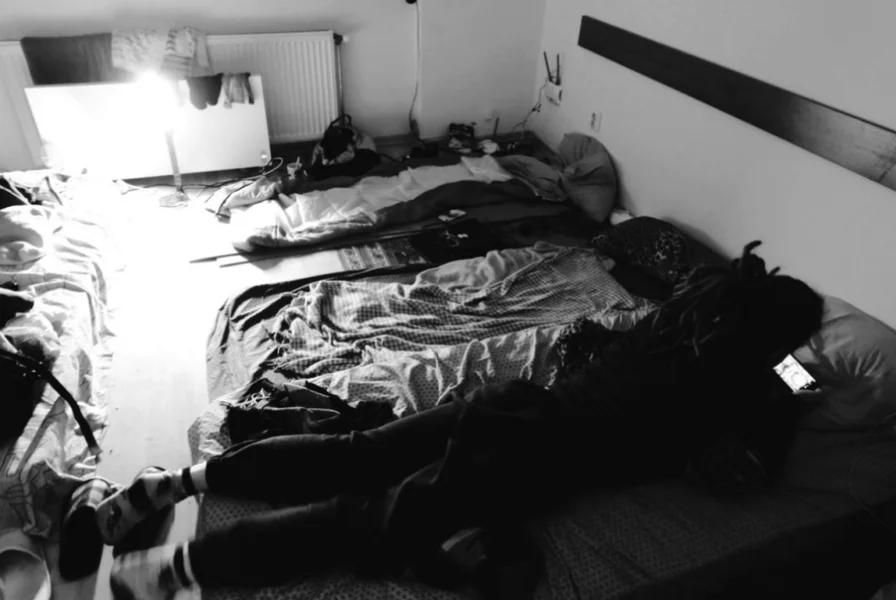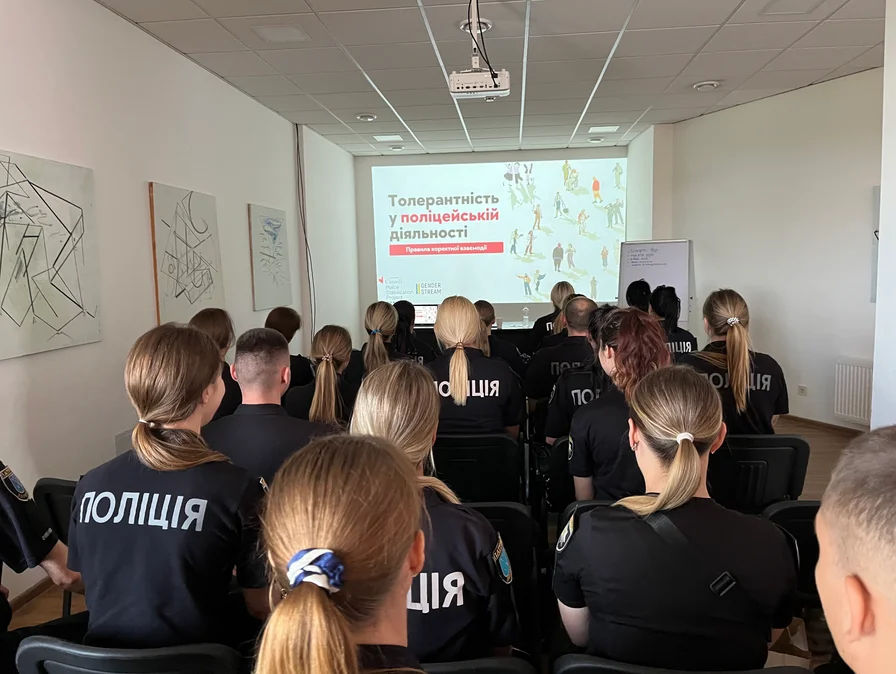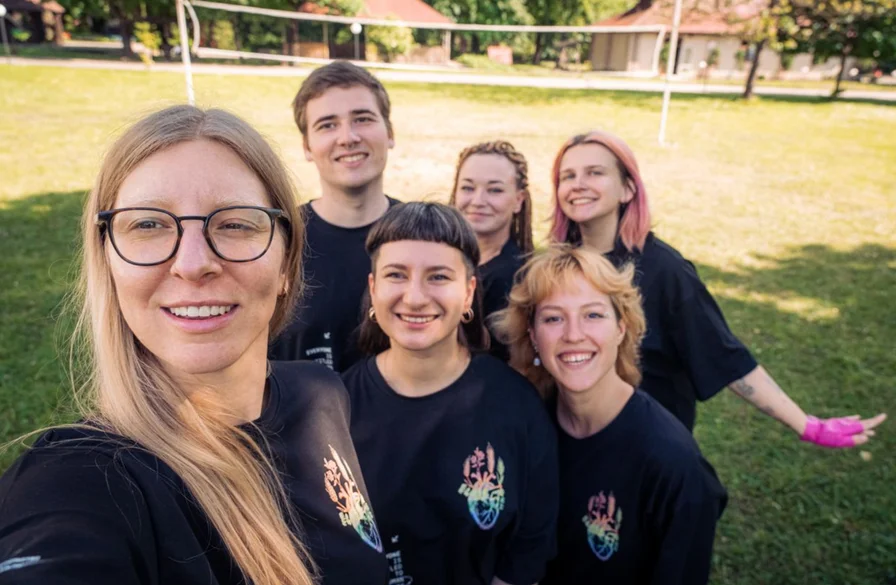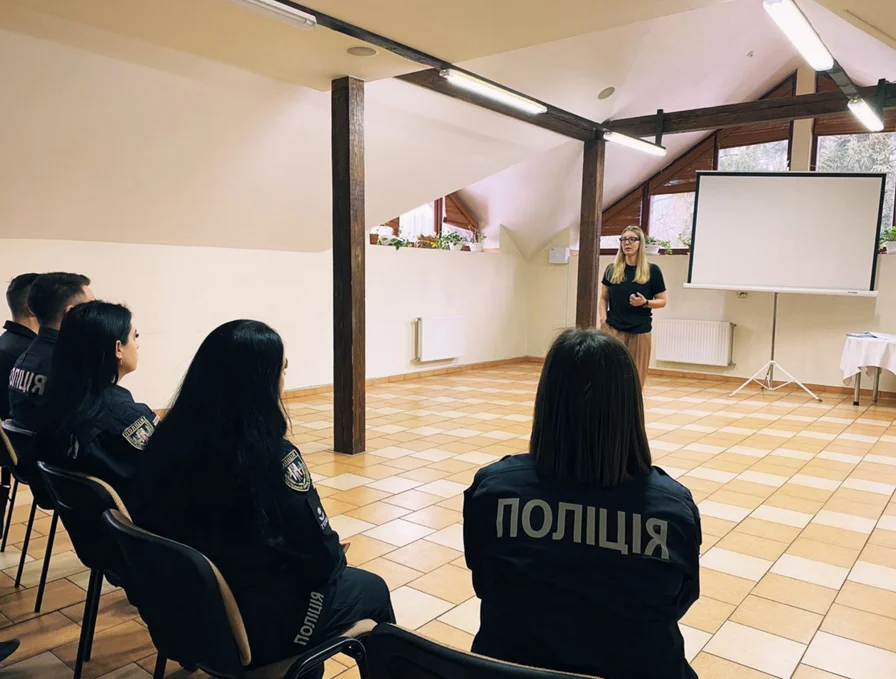Shelters, Help and Support: How Uzhhorod Became a New Home for Queer People
The text was originally published in Ukrainian on Hromadske
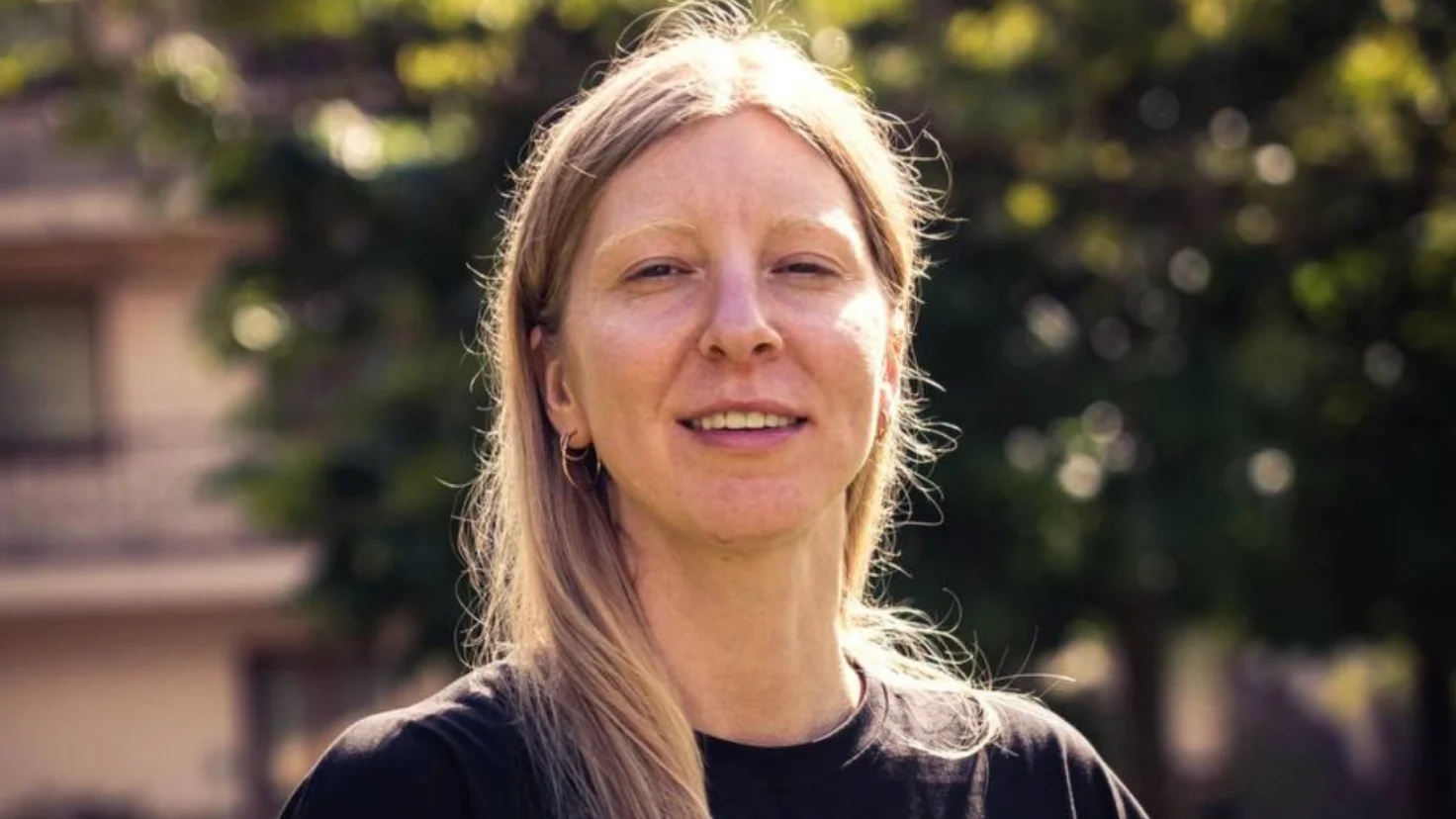
Executive Director of Gender Stream Olha Poliakova
provided to hromadske
Contents
In the first weeks, the organization’s representatives gave their own money for food and transportation for the affected people. Later, they got support from RFSL, Sweden, and made a shelter.
“People stayed in the shelter from a few days to several months, depending on their circumstances and needs. For quite a few, our shelter became an important transit point, a safe harbor where they could relax a little and move on. Later, we opened shelters for Ukrainian LGBTQI+ IDPs in Slovakia: first in Kosice, then in Bratislava. We also helped them with psychological counseling, transportation, and money,” says Olha Poliakova, Executive Director of Gender Stream.
About shelter residents and humanitarian aid
The volunteers helped transgender people restore their documents, bought medicines, and searched for doctors.
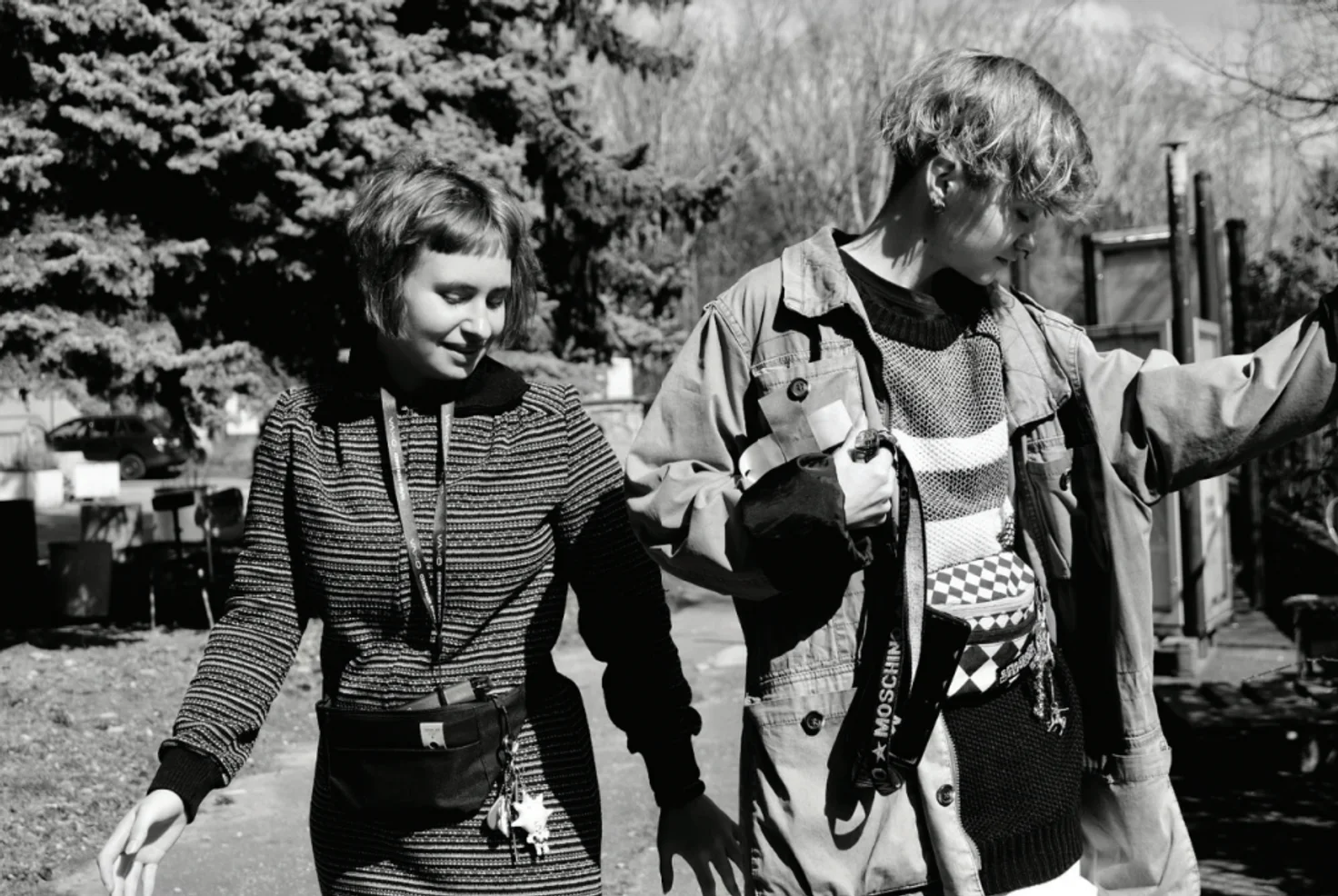
Gender Stream shelter in Uzhhorod
Olha Poliakova
Olha recalls the story of the shelter’s residents, Artem and Dima:
“Dima had to leave his native Donetsk region, and Artem had to escape from Severodonetsk. Their paths crossed in Dnipro where they met and fell in love. Since they did not want to part anymore, the couple started looking for a place where they could live in safety and harmony, and very soon Dima came across information about our shelter in Zakarpattia. They applied, had an interview, and soon became part of our community.”
In 2023, the shelter was closed as there was no more urgency. Now Gender Stream provides humanitarian aid to war-affected people.
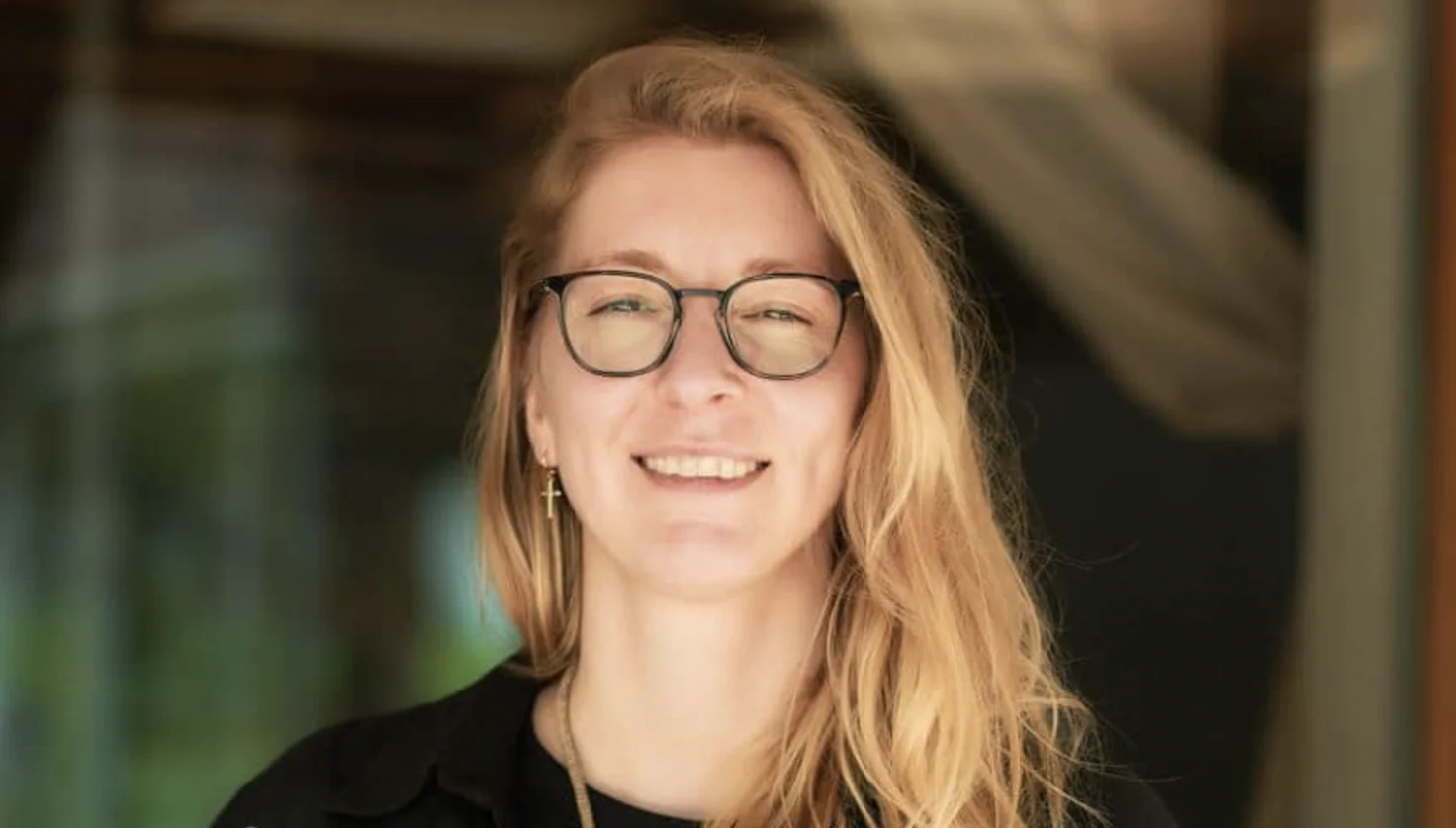
Olha Poliakova
photo from personal archive
Laws that save lives: criminalizing hate crimes
Together with the Inspectorate General and Human Rights Department, Gender Stream develops guidelines and methodologies for police officers so that they know how to communicate ethically and professionally with LGBTQI+ people. The organization is fighting for the adoption of a bill that criminalizes hate crimes. It goes about draft law No. 5488. It was registered in Parliament as far back as 2021. It is intended to improve the response to cases of discrimination and the investigation of hate crimes.
“Even after the adoption of the bill, it is important that it works in practice, so we actively cooperate with the police. It is important that the law really protects LGBTQI+ people, and for this, law enforcement officers must not only know the law but also understand how to communicate inclusively.”
“That’s why we organize trainings and sessions for the police, expand our cooperation with local authorities and law enforcement agencies to improve the interaction between LGBTQI+ people and government agencies,” says Olha.
Gender Stream Police
Olha Poliakova
Ksenia, a patrol police inspector in the Dnipro region, attended training sessions held by Gender Stream on combating discrimination against vulnerable social groups. She says that before the training she did not even know what the term “queer” meant.
“During the trainings, I learned about the existence of queer people. Thanks to the training, I, like most of my colleagues, developed a positive attitude towards the community.”
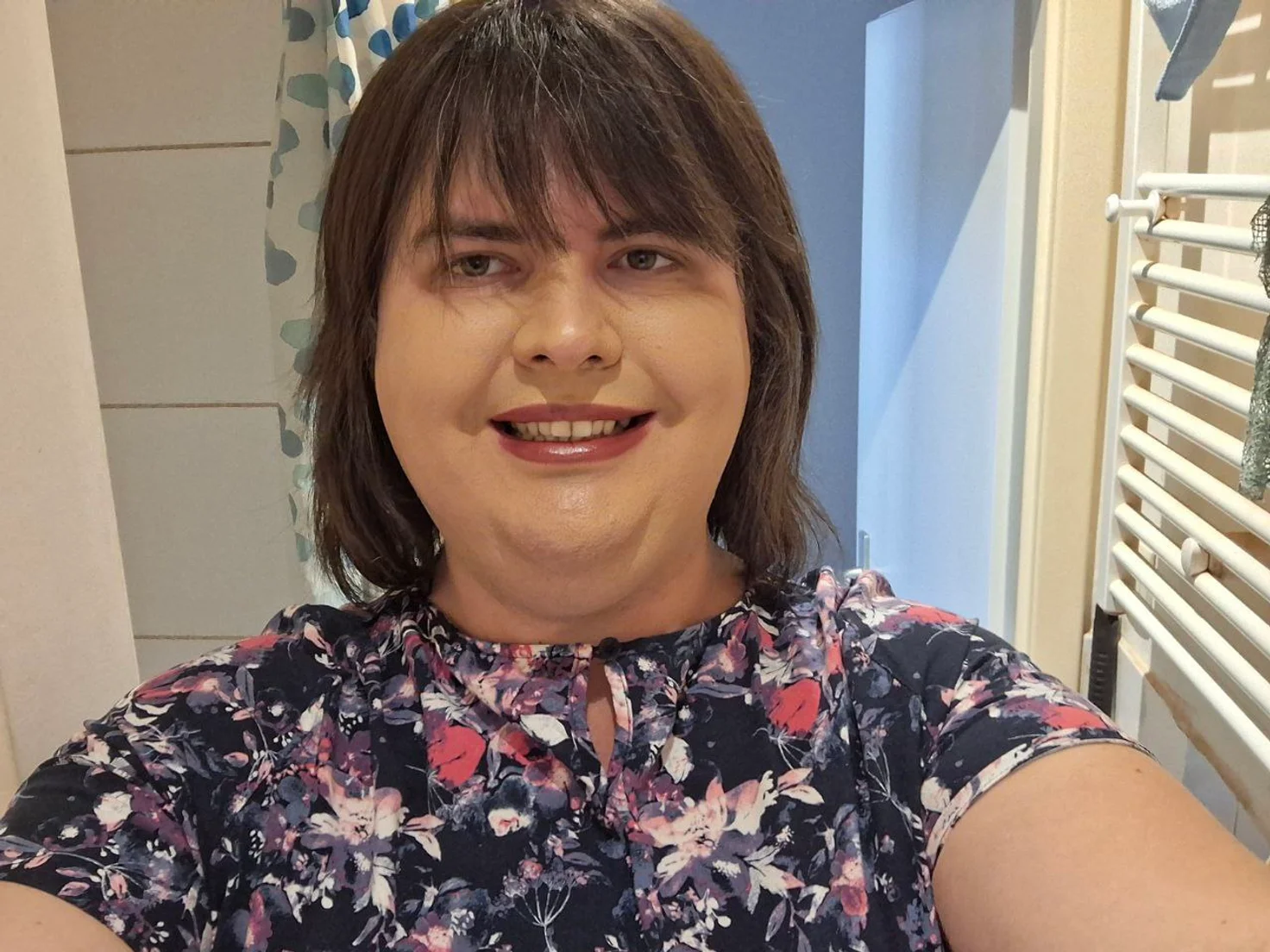
Transgender girl Kaya
Photo from Kaya’s personal archive
How transgender people are helped in Uzhhorod
Transgender girl Kaya (pronoun “she” – ed. note) fled from shelling and missile attacks in Kharkiv with her sick mother.
“It was very hard and scary for me: my mother was hysterical, our neighbors were running away with their belongings and suitcases at five o’clock in the morning, and the screams could be heard throughout the house. From that day on, the windows and walls of our building shook every day from explosions, we lived in the corridor because I couldn’t get my mother down to the basement from the eighth floor,” Kaya thinks back.
Prior to the full-scale invasion, the 28-year-old girl worked as a tram driver building a family with her partner Keiem and caring for her elderly mother. In the winter of 2022, Kaya’s mother was injured and could not walk on her own. They had no money for surgery literally struggling. That is why the morning of February 24 was truly hell and high water.
The girl was helped to evacuate. In Uzhhorod, she was met by RFSL and Gender Stream.
“They helped my mother, now she can walk again. We received psychological and legal support. The organization also helped my ex-partner and his sick mother, for whom I was very worried, to leave the occupied territory. I will never forget this,” Kaya added.
Kaya got assistance with the paperwork – the girl was accompanied from the moment she was going through the medical examination at the military commissariat up to the border. Kaya now lives in Berlin. And she is not the only person the organization helped cross the border.
“We advise people who face bureaucratic problems. Our experts also provide comprehensive support on legal border crossing, legal assistance in case of discrimination or hate attacks,” says Olha Poliakova, Executive Director of Gender Stream.
Humanitarian aid, psychological counseling and legal support
Gay Alliance Ukraine also helps LGBTQI+ people, including in Zakarpattia Oblast.
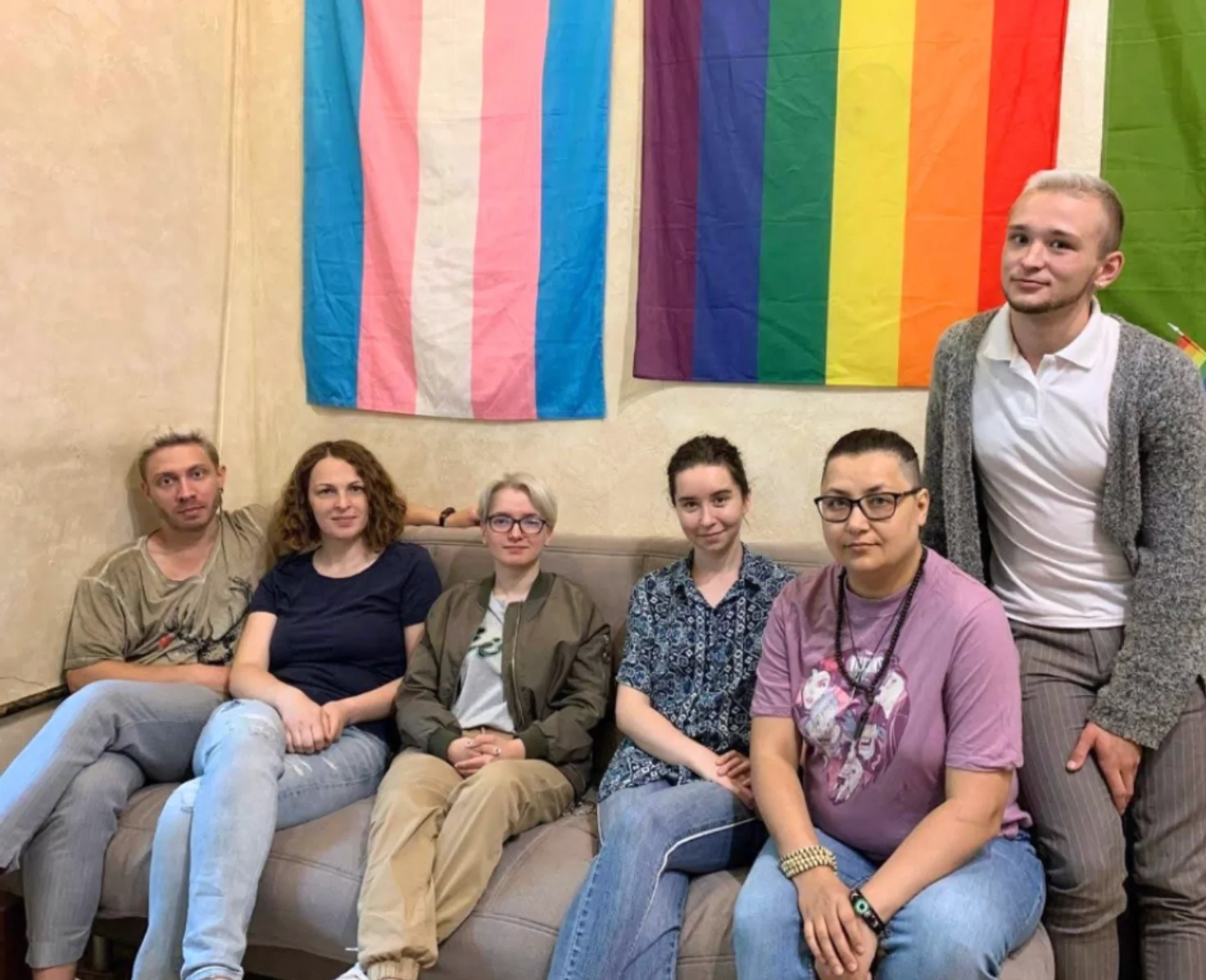
Gay Alliance Ukraine team
Photo from social media
Starting the fall of 2022, the organization has expanded its activities and launched an all-Ukrainian psychosocial support program for LGBT+ people affected by the war. This program is aimed at providing comprehensive assistance, in particular:
- a psychological support line (confidential consultations with qualified female psychologists);
- humanitarian aid kits: hygiene, food, medicines, etc.;
- psychological counseling: individual and group sessions to overcome traumatic experiences;
- legal advice: assistance in resolving legal issues related to displacement, loss of housing, etc.;
- career counseling: assistance in job search and professional fulfillment;
- support groups: creating safe environment for communication and experience exchange.
The program operates in all regions of Ukraine, except for the temporarily occupied territories.
Read more from the Issue
Nothing Found
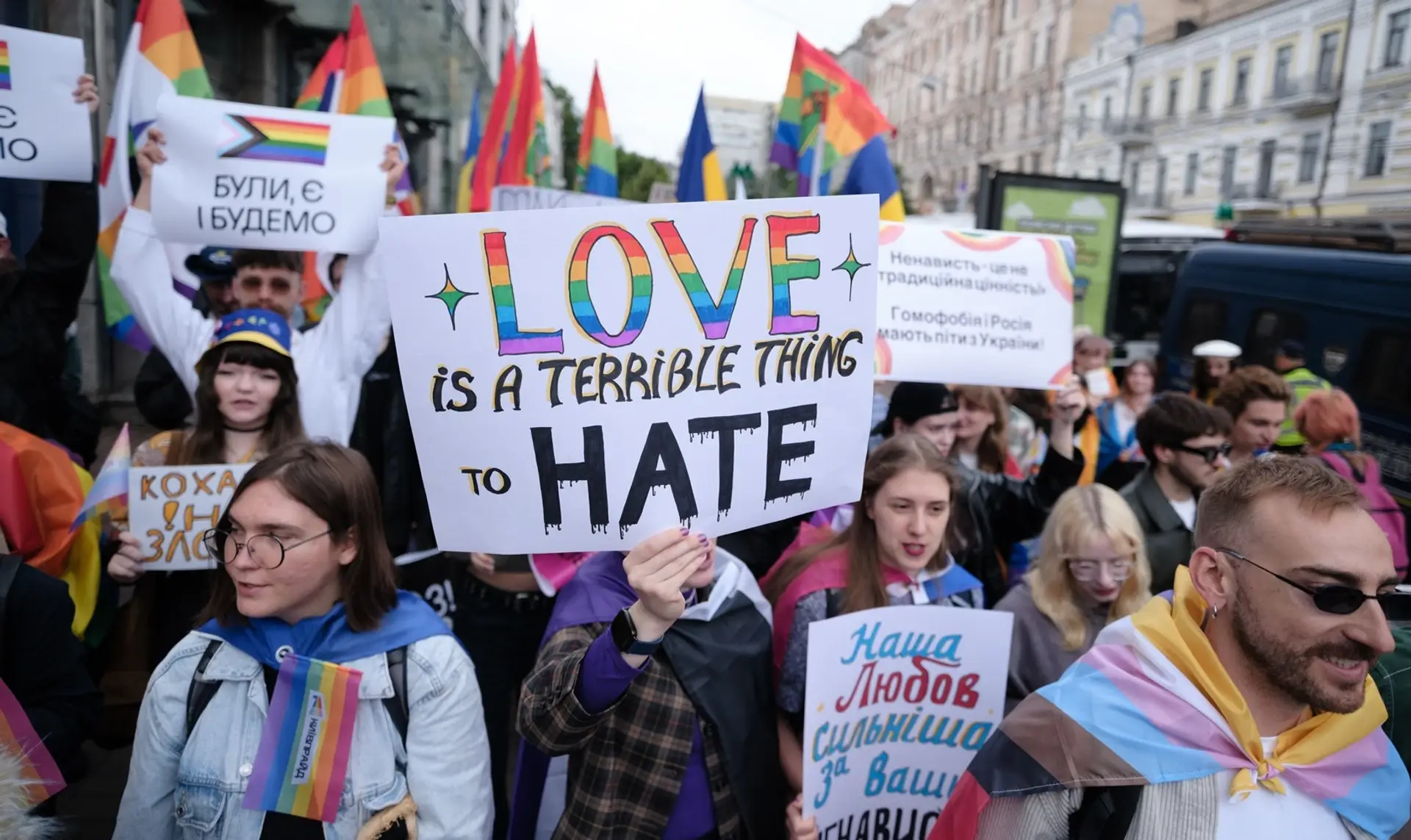
Criminalized and Invisible: The Long Fight of Queer Ukrainians

Conversion Practices in Germany: Violence in the Name of God

Valentyna Salon: Beauty Practices of the Ukrainian Queer Community

“There is a lot of shame in our community”
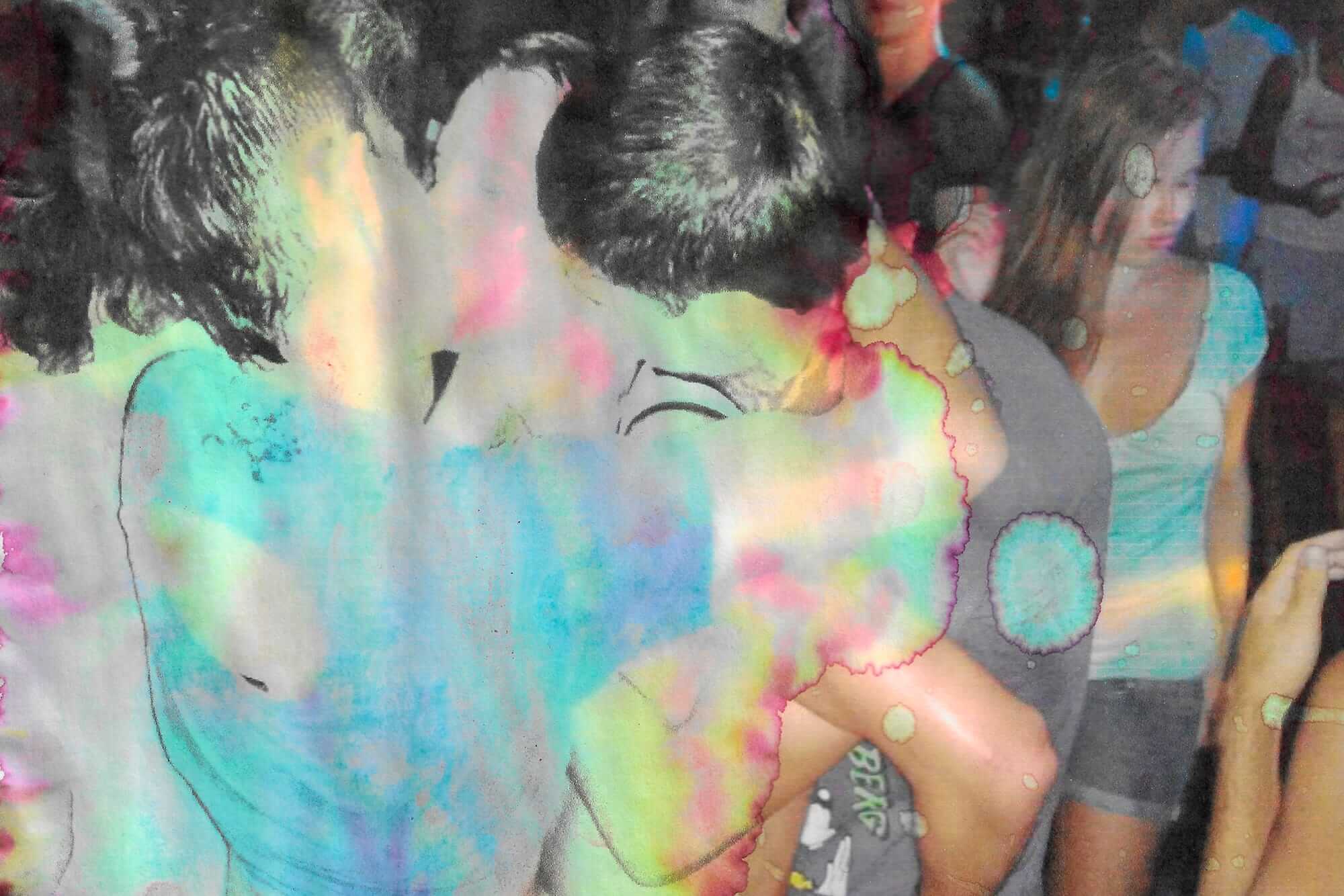
How Ukraine’s Queer Artists and Activists are Safeguarding LGBTQIA+ Memory in Wartime

Eastern Queerope Belarus: Stories of Resistance, Repression, and Cultural Renewal
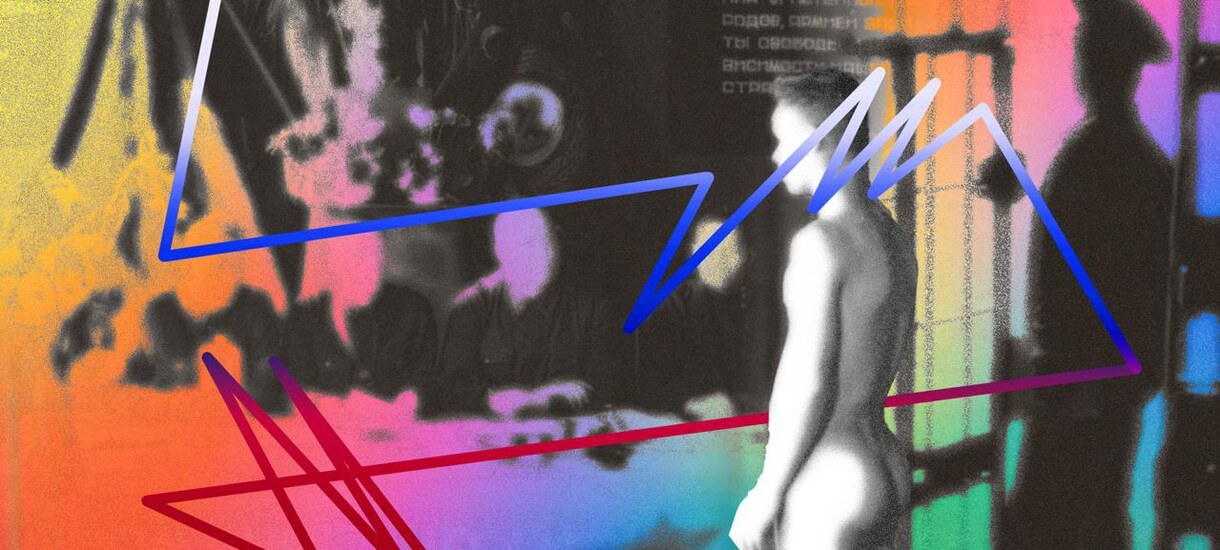
Homophobia at the Core of Putinism’s Ideology

Strange Embrace: Paradoxes of Homosexual Desire in the Third Reich

Beauty as a Shelter: Ukrainian Women Rebuild Their Lives in Bucharest’s Salons

Angels from the East

Passing the Paintbrush: Historic Queer Jewish Artists in Berlin

Searching for Oneself at Random: How LGBTQI+ Communities Emerged in the Donetsk Region, 1991-2014

“I Have Nothing to Hide”

When We Stopped Hating Ourselves: Gay Life Under Persecution In Poland And Germany

How Queer Soldiers Shape Ukraine’s Defense And Future

Unsafe in The Country of Origin

The Bible, Putin, AfD: Four Misanthropic Myths to Abandon

Queer Resistance in Ukraine: Between War and Disinformation

No Safe Place

“A Place You Can Always Come To”: Shaping Polish Diasporic Queer Communities in Germany

Asylum Discourse: What Are “Safe” Countries of Origin for Queers?
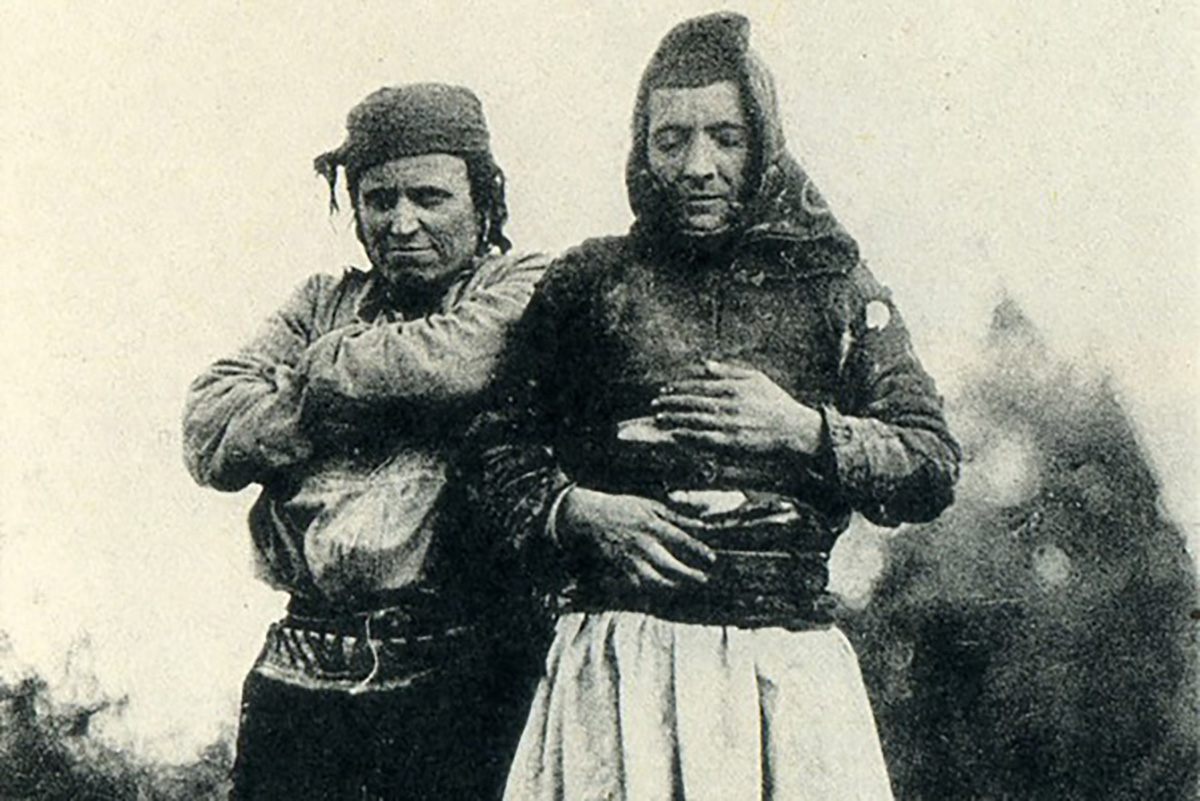
19th Century ‘Friendships’ to 90s Drag: Eastern Queerope Returns
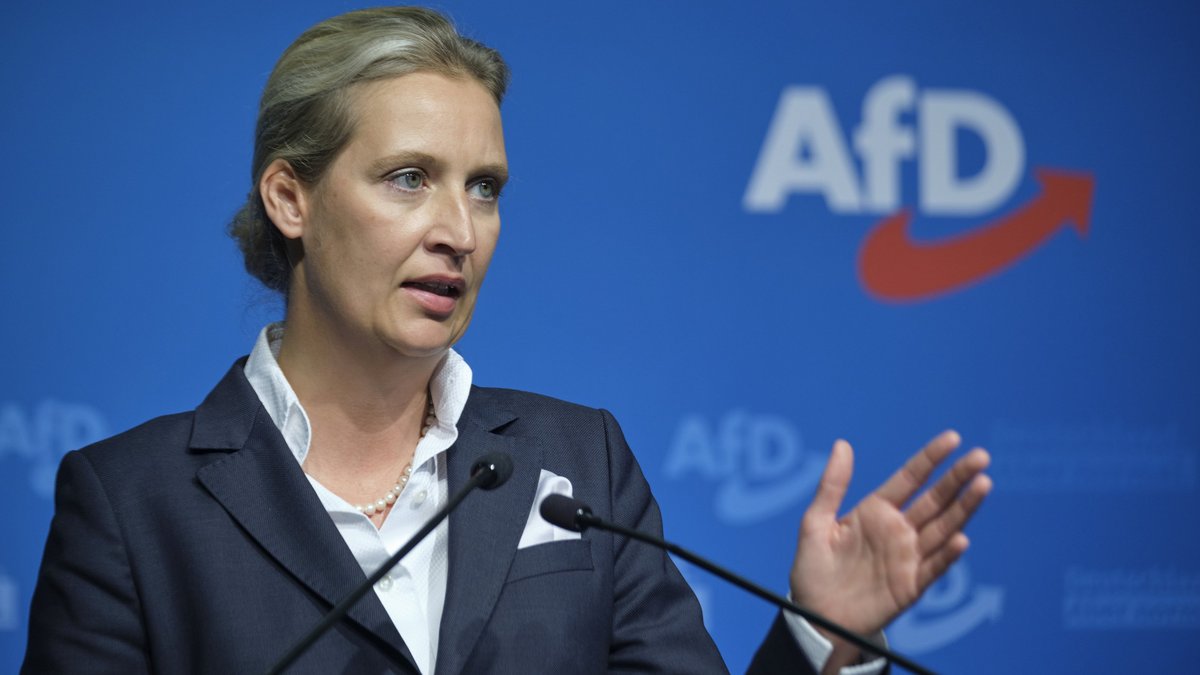
Queer Fronts
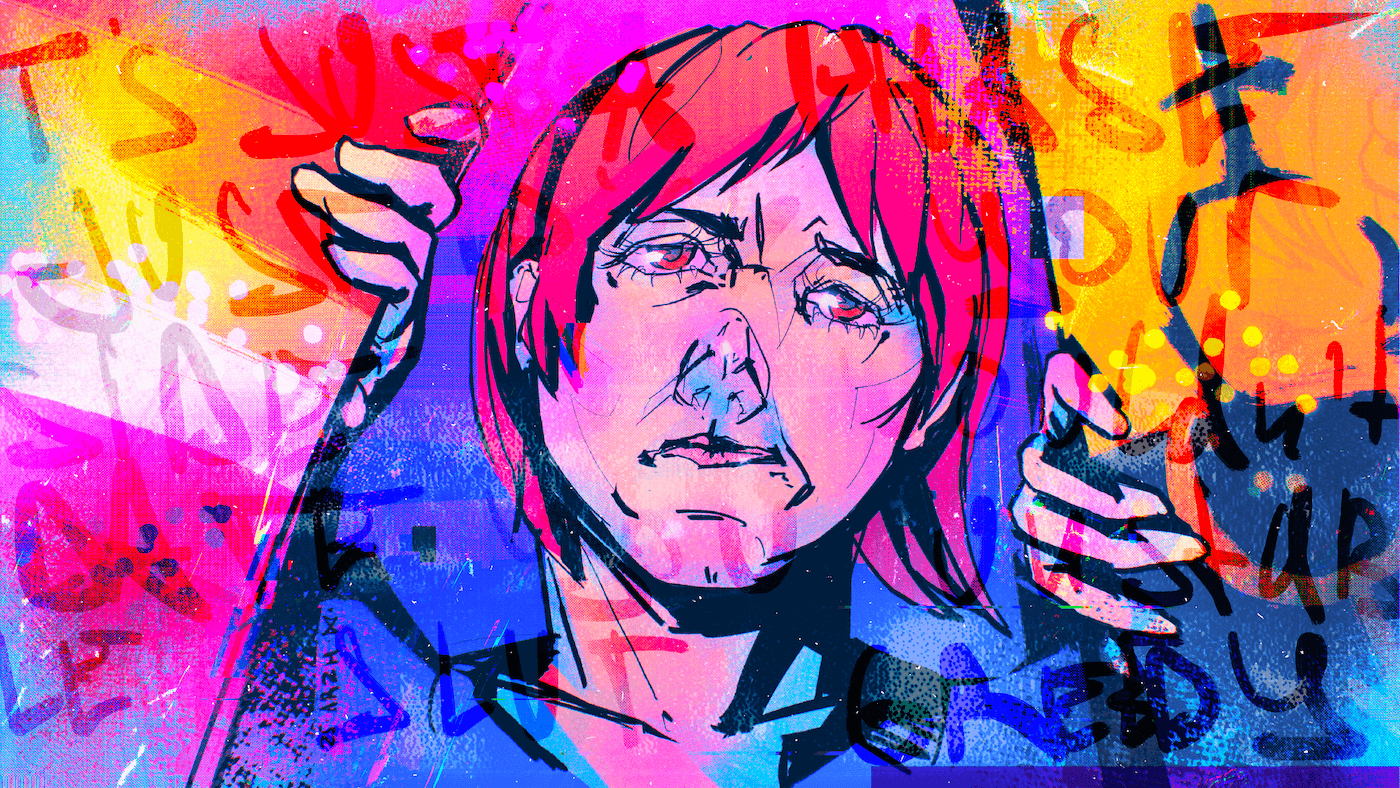
Moving Stories: LGBTQIA+ Ukrainian Refugees
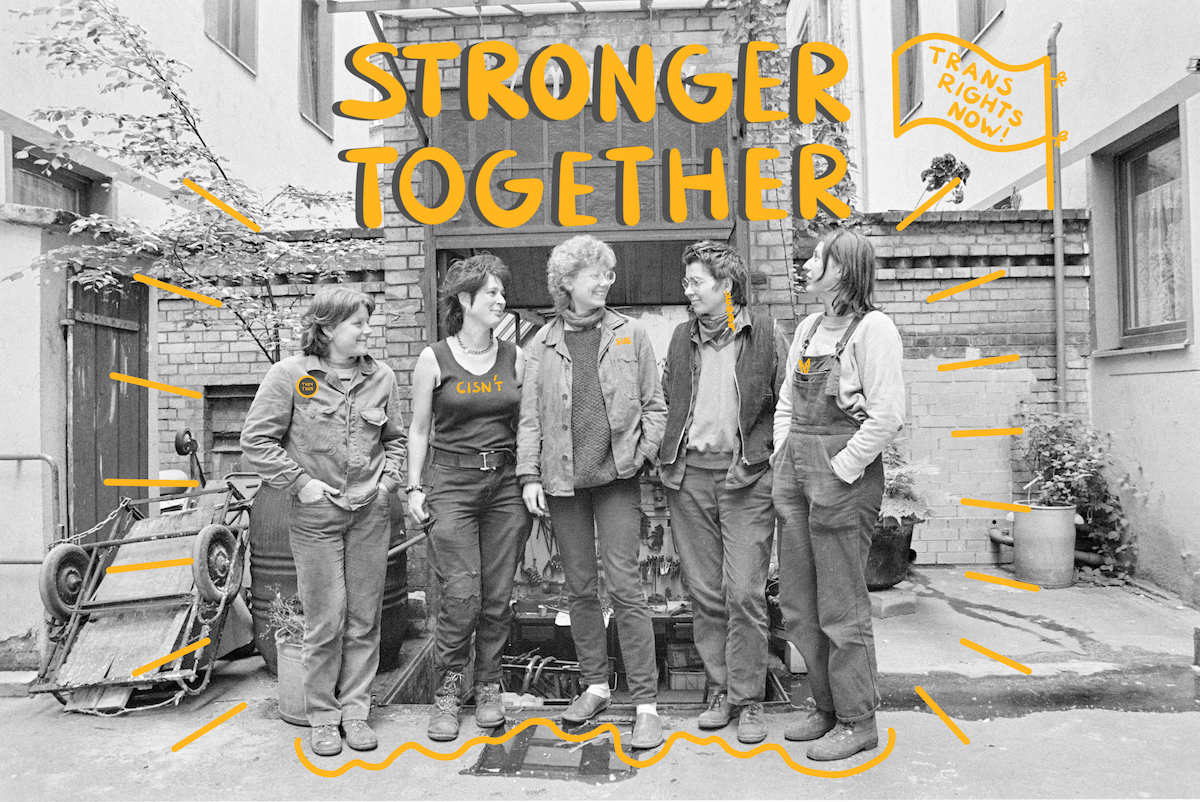
Beyond the Binary
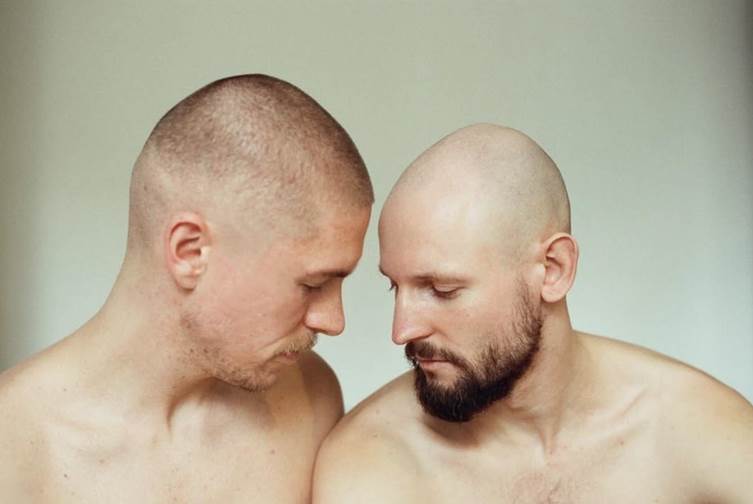
Queer Rights and Marriage Equality Under War, Authoritarianism, and Democracy
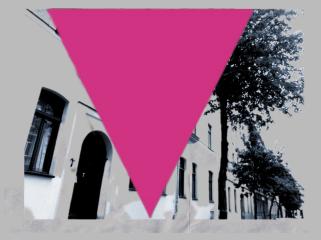
Gaps in Remembrance – Queer Biographies during National Socialism
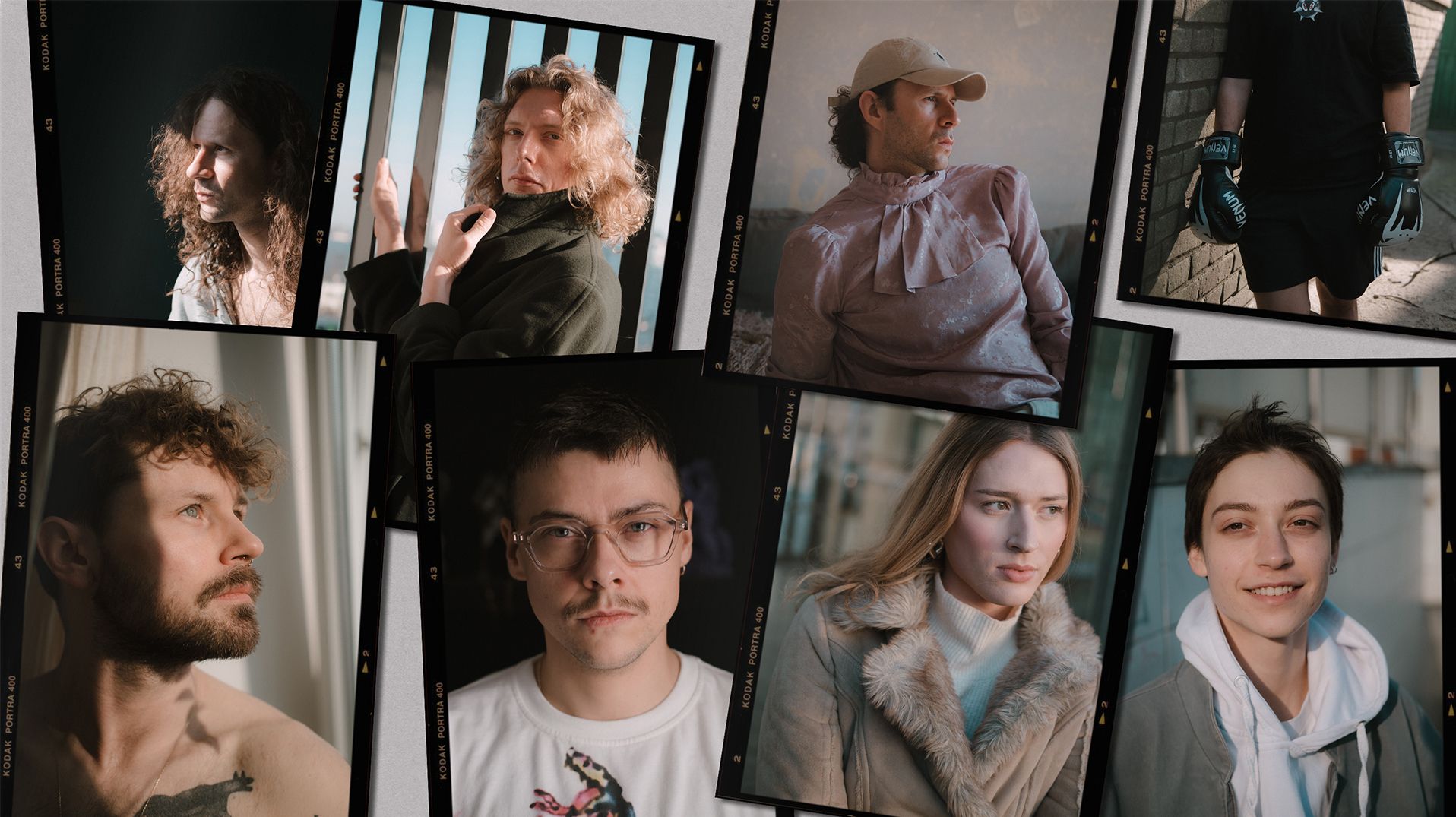
Queer and Trans People Have Always Been Here. These Are Their Stories
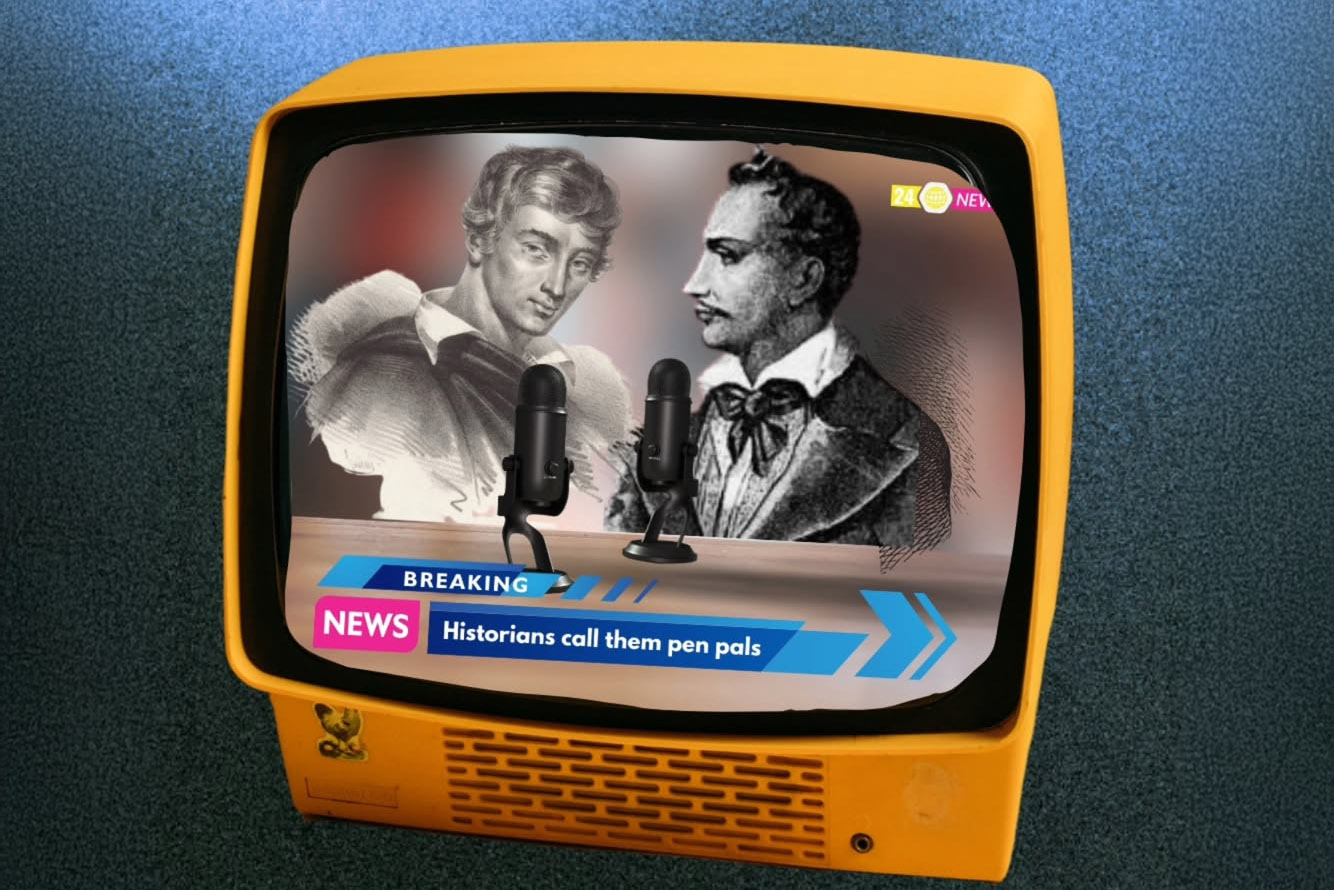
New Stories from Eastern Queerope
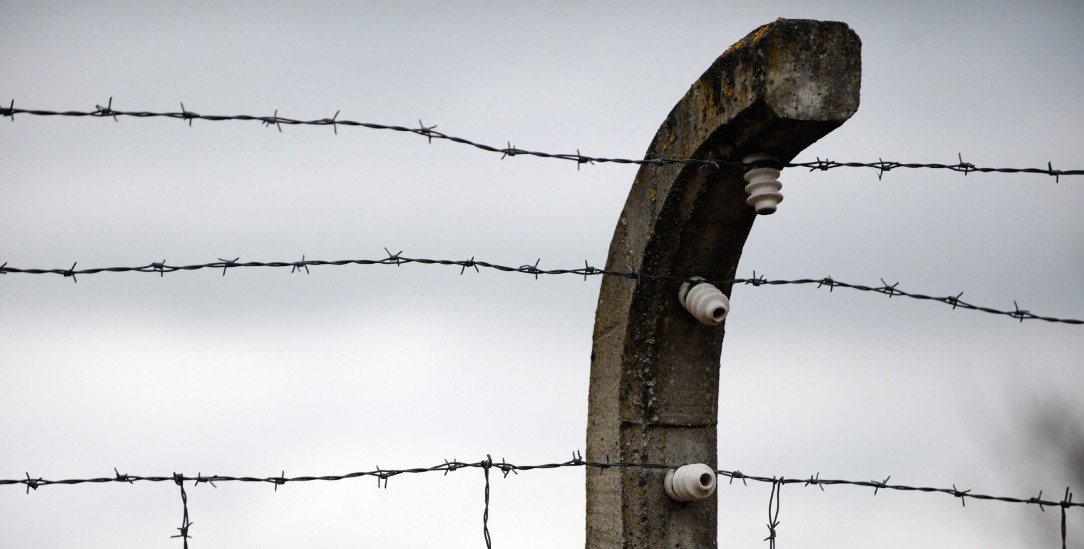
The Prisoners with the Pink Triangle
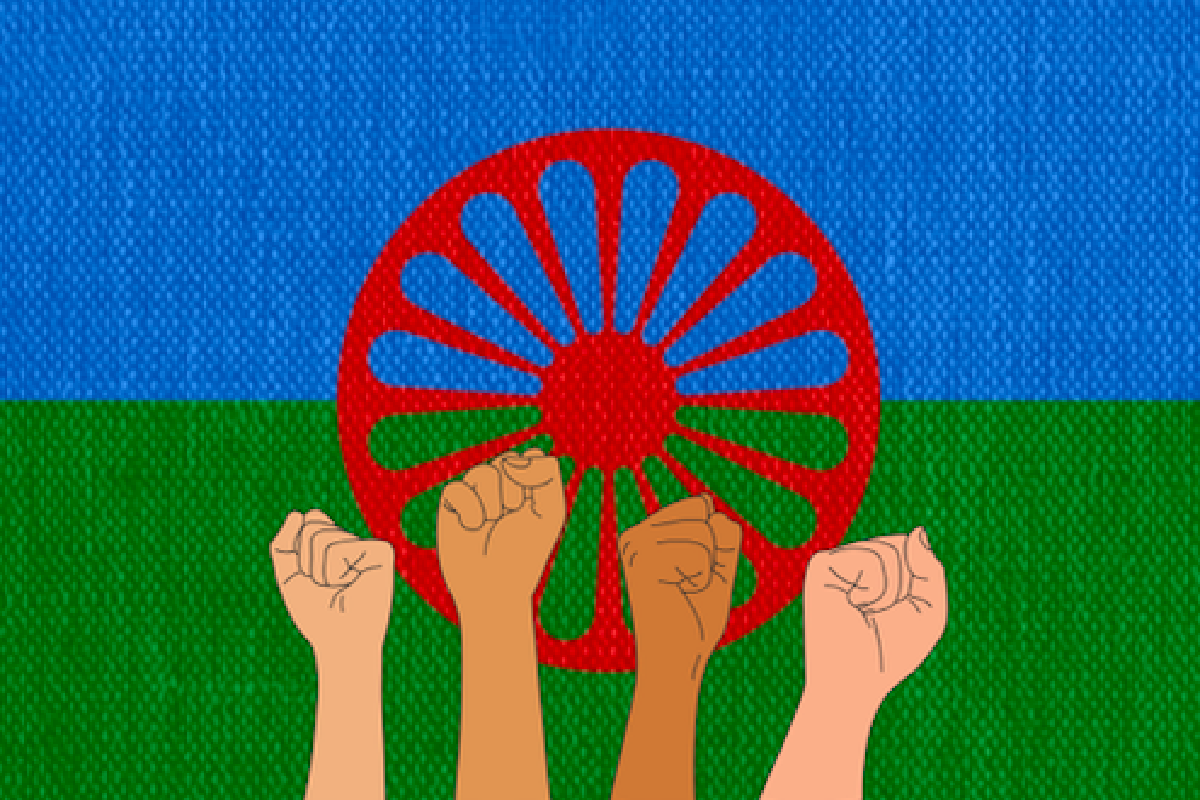
Queerly Beloved: Romani Resistance Through the Ages
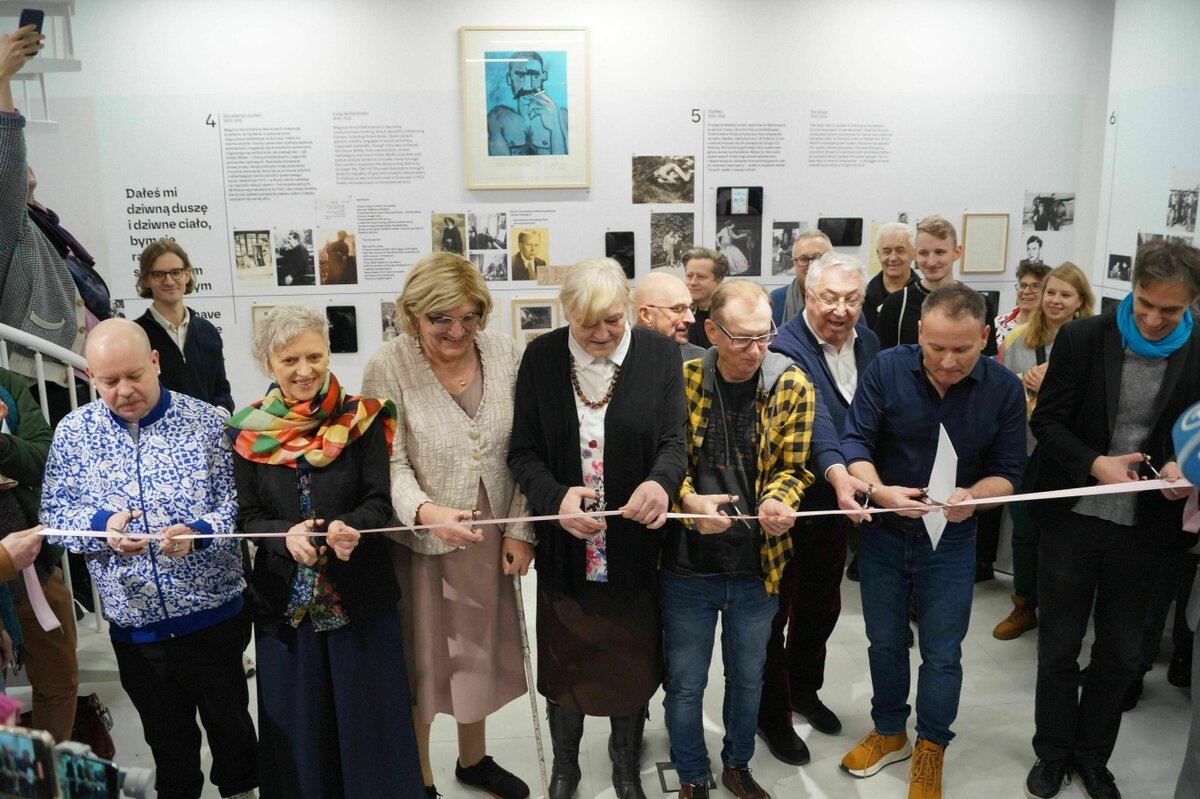
Intertwined Queer Stories: First LGBTIQ+ Museum in Eastern Europe
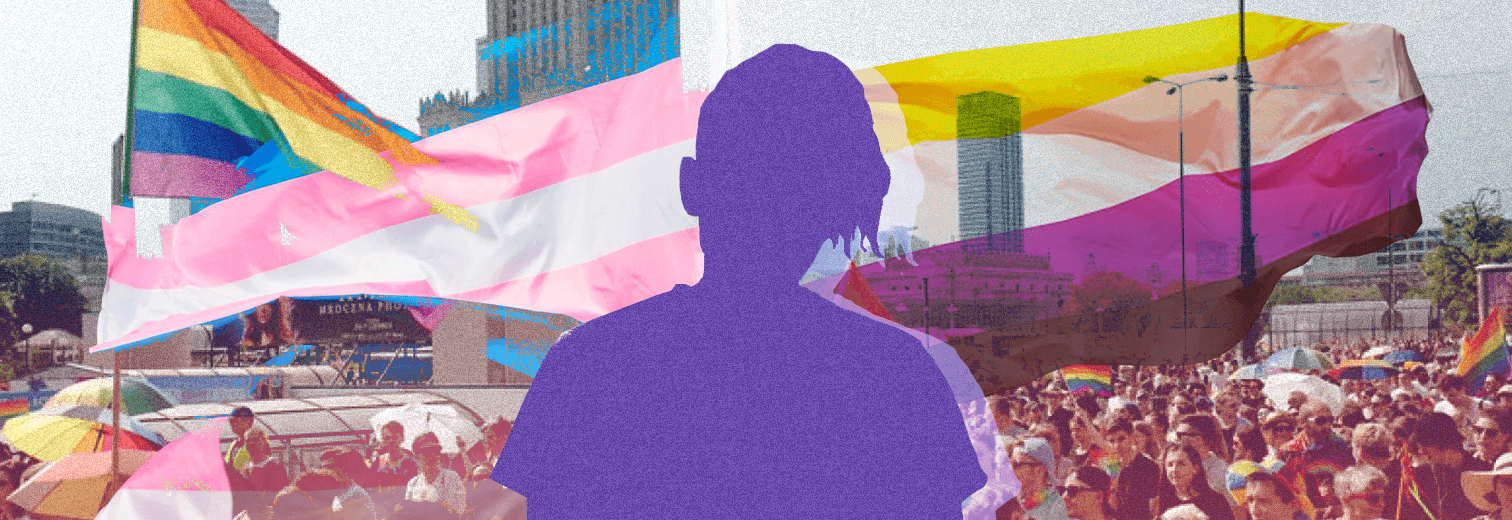
“The Smaller the Settlement, the Greater the Influence of Religion”: Belarusian Trans Non-Binary Activist in Poland
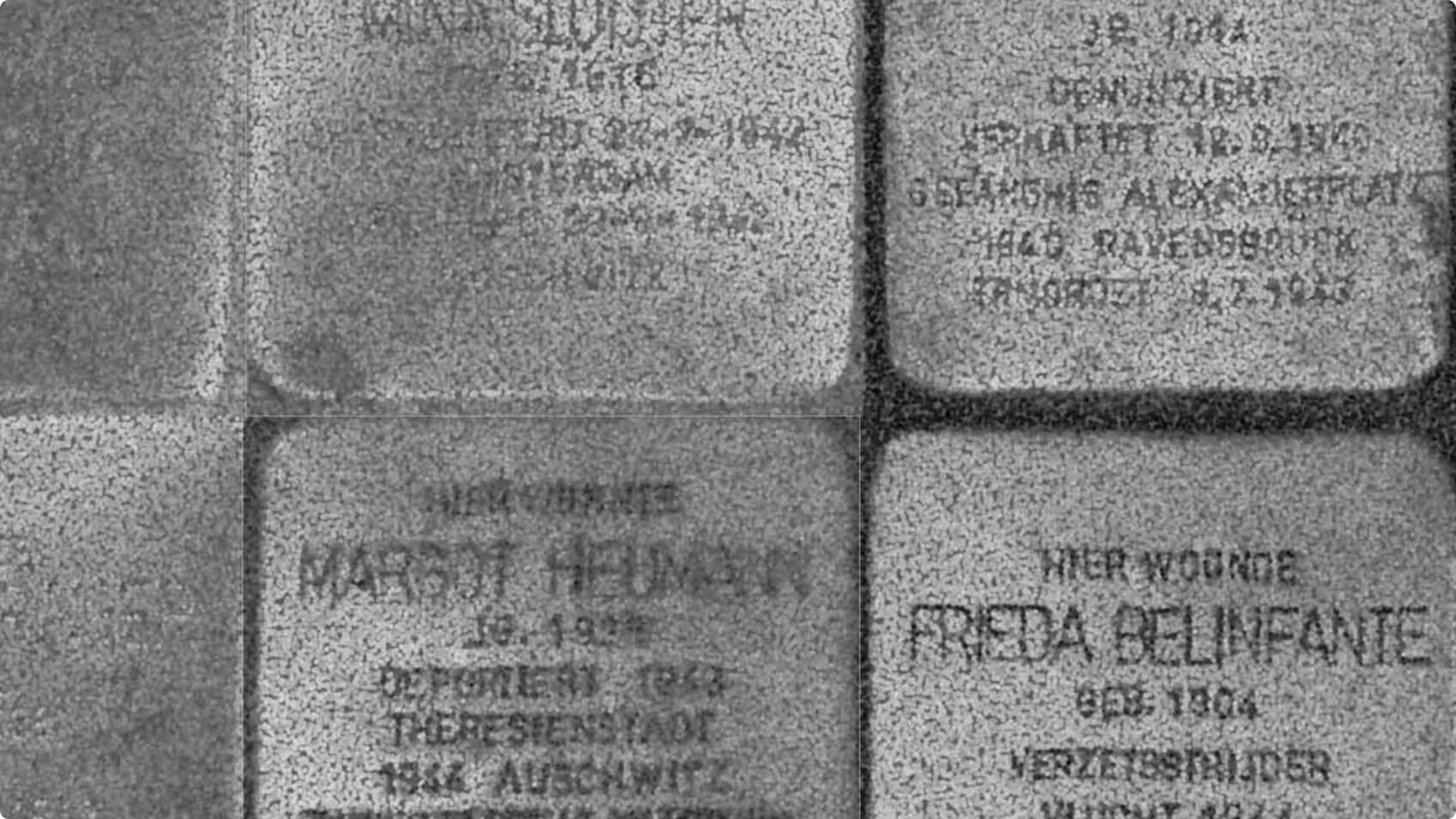
Queer Holocaust Voices – the Price of Silence
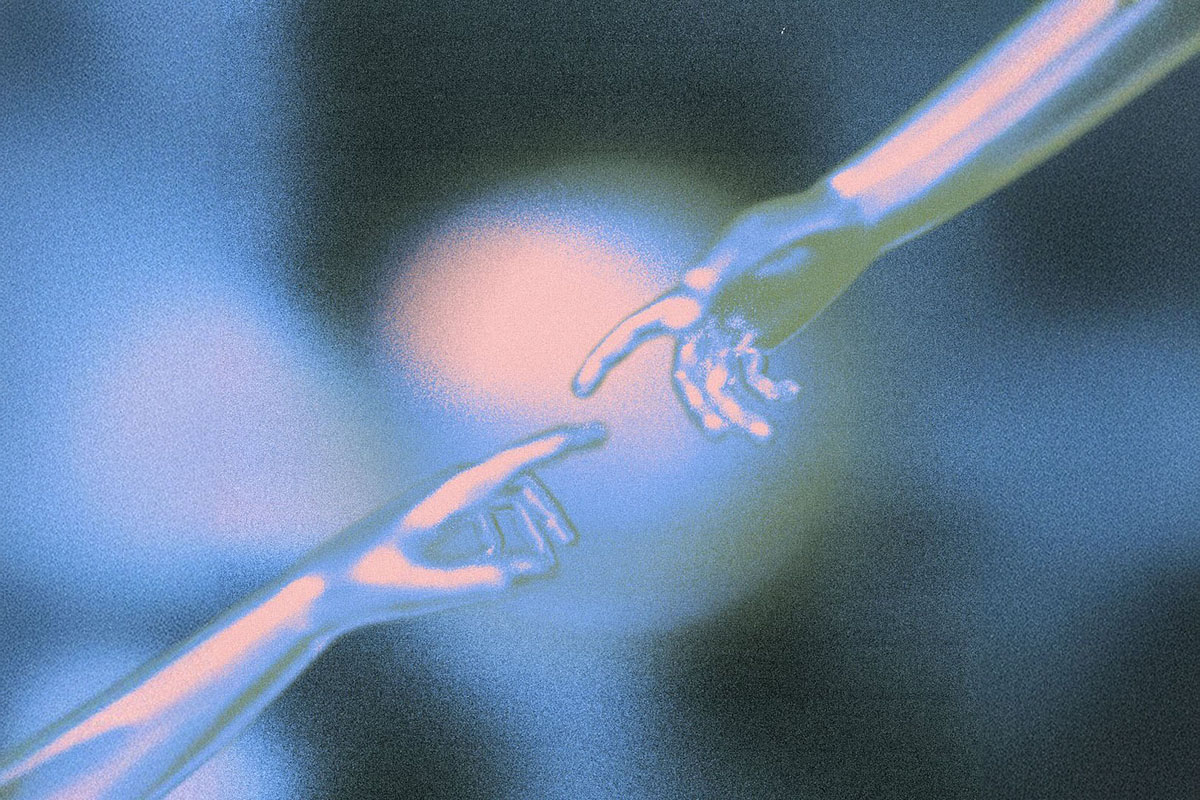
Forgotten Stories of Eastern European Queer Heroes
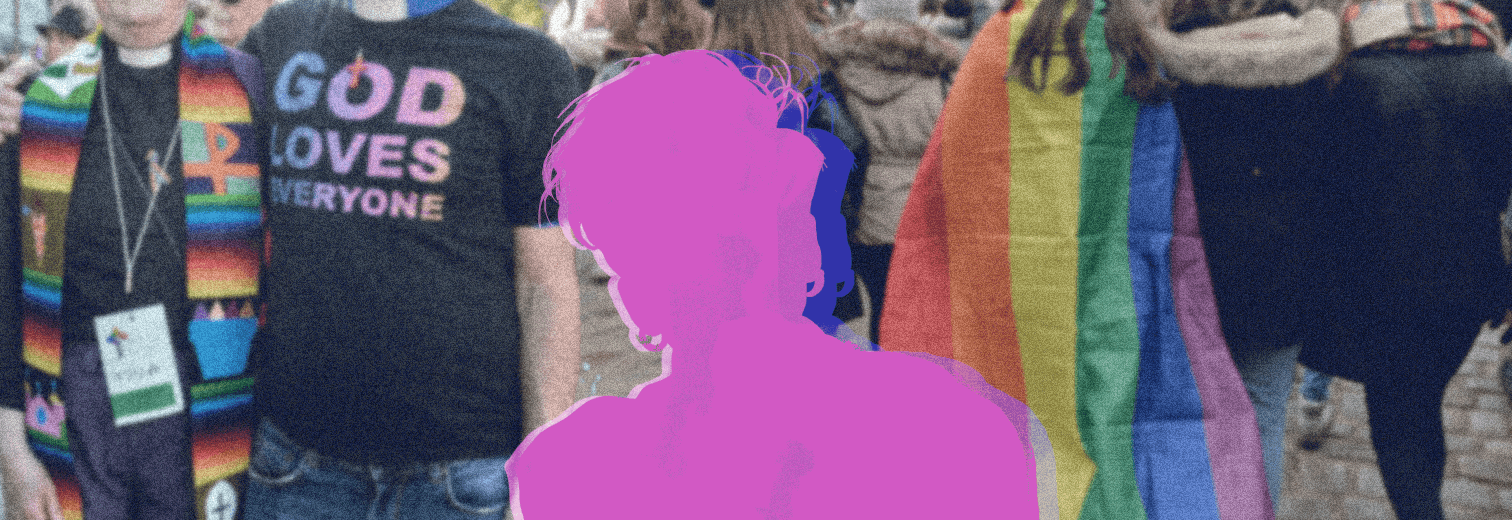
“I Accept Myself with All My Features”: Ukrainian Queer Person and Her Identity in Catholic Poland
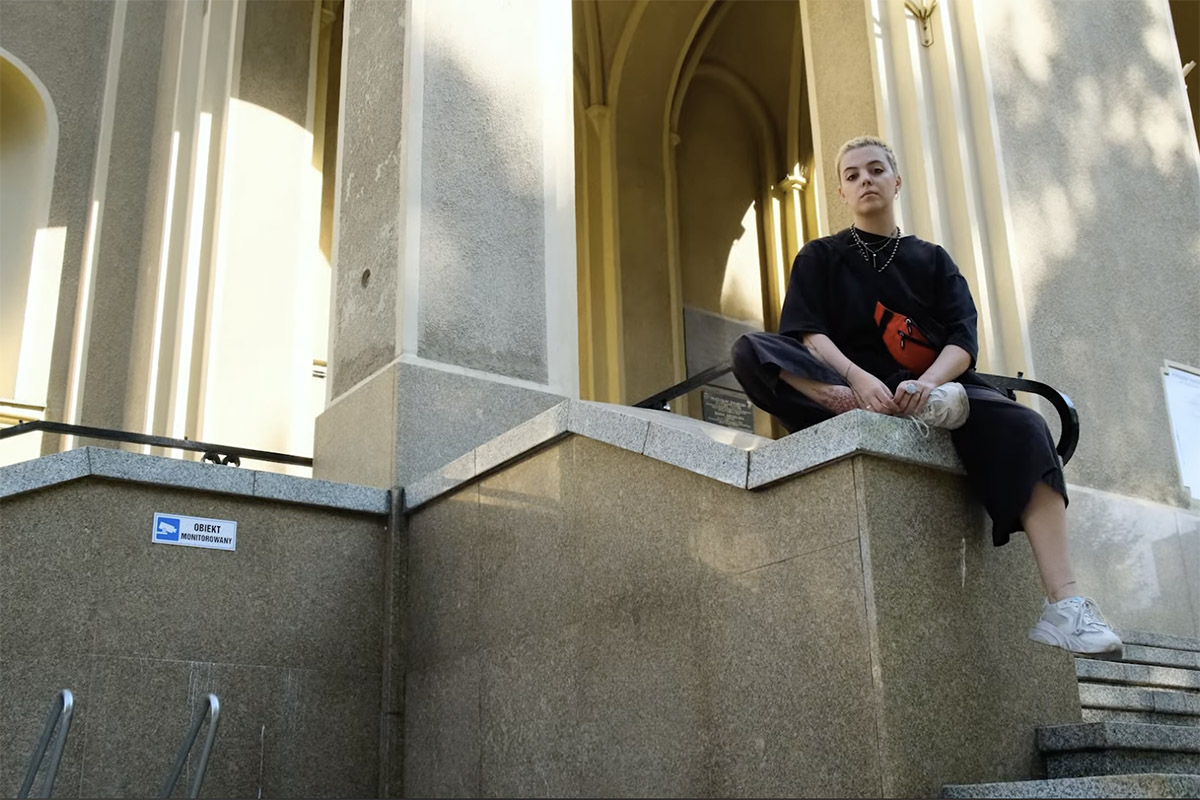
Belarusian on Bisexuality, Theatre and Emigration
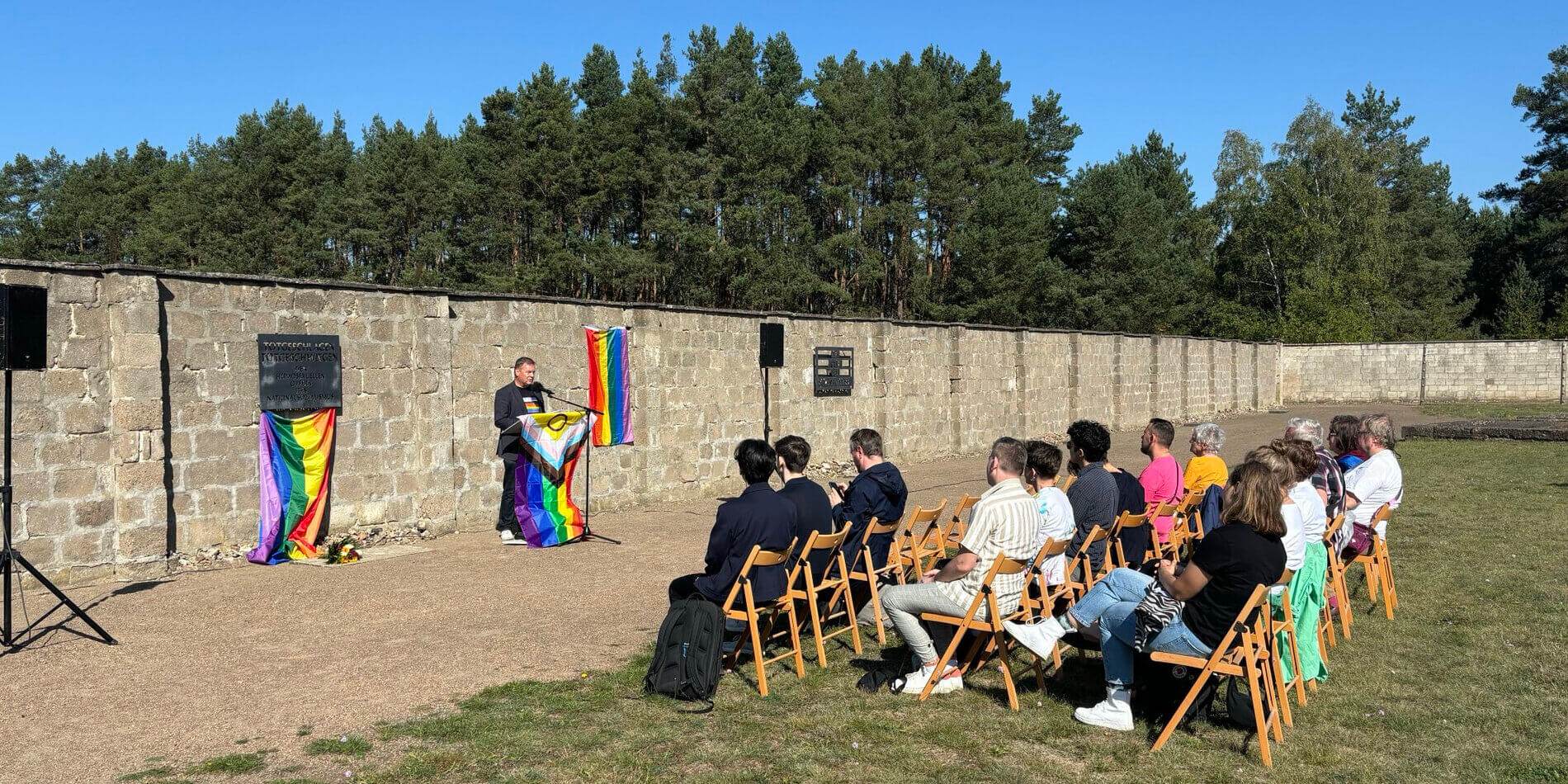
Diversity in Brandenburg: Queers Take a Stand
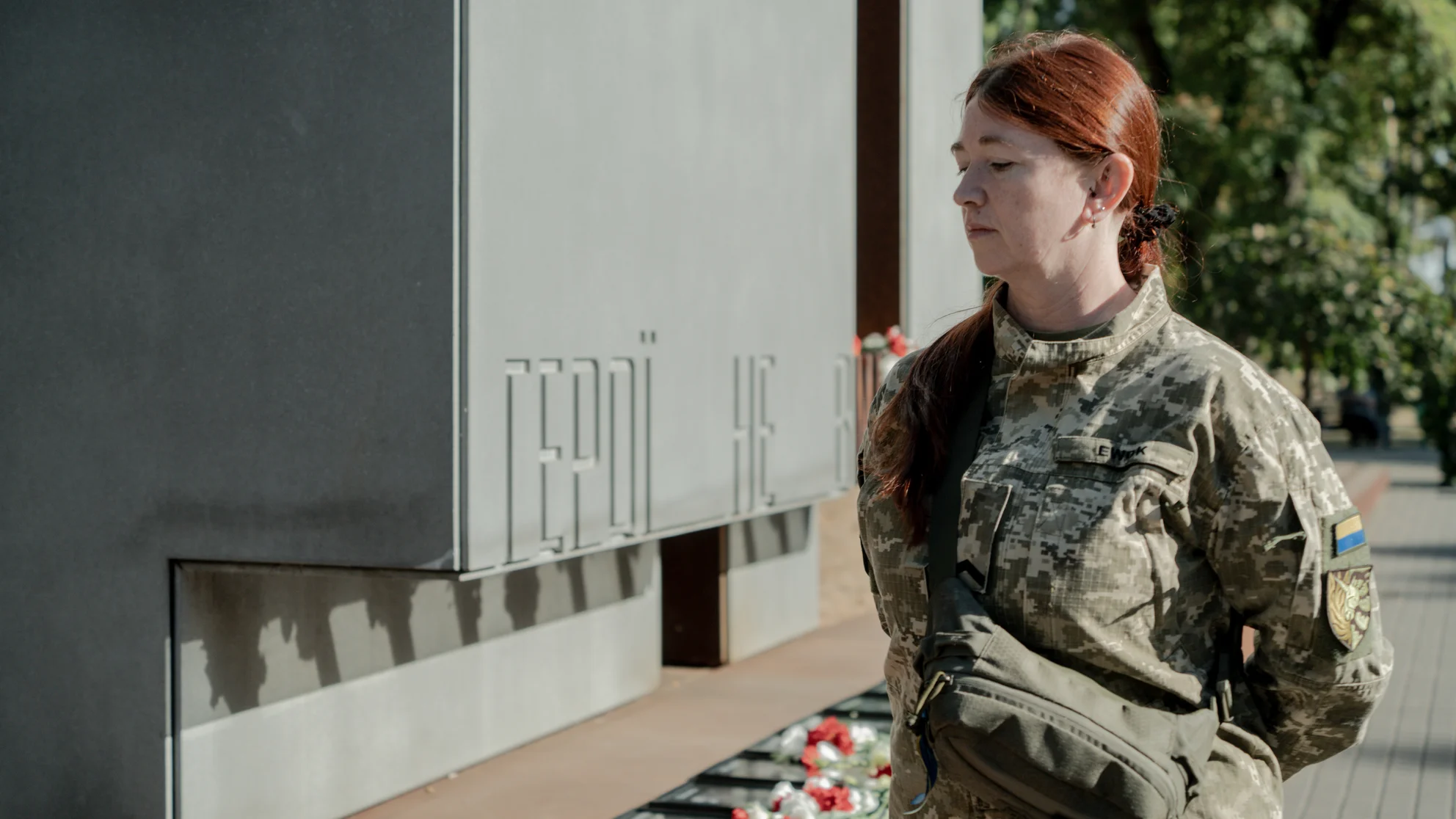
Being Yourself. How Kharkiv’s LGBTQI Community Fights for Their Rights
